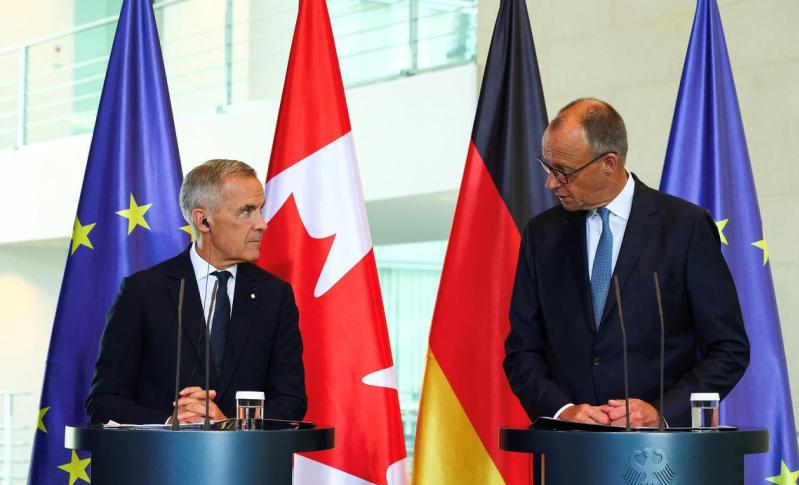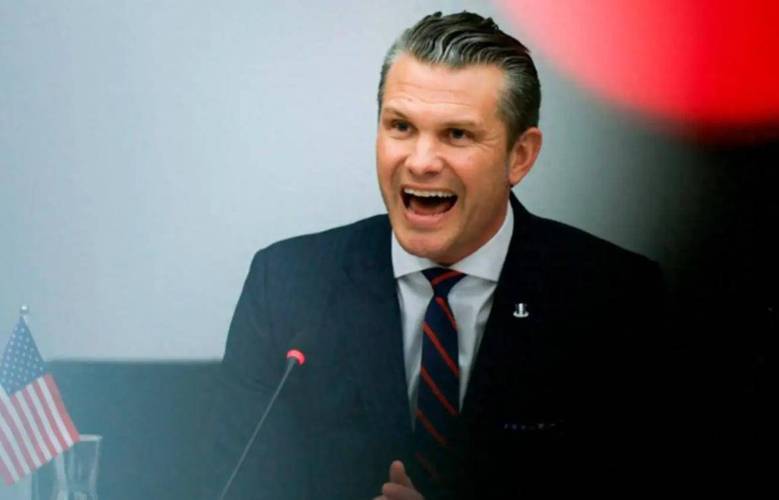
Germany and Canada signed an agreement aimed at strengthening cooperation in key raw materials to reduce their heavy reliance on China.
German Chancellor Olaf Merz said at a joint press conference with Canadian Prime Minister Mark Carney in Berlin on Tuesday (August 26), "This is a positive step towards strengthening the economies of both countries and enhancing their security."
AFP quoted Carney as saying that a series of factors, including global trade fluctuations, the war in Ukraine and the COVID-19 pandemic, have all exposed the vulnerability of the critical minerals supply chain. He said, "Canada can play a role in accelerating the economic diversification of Germany and Europe."
Since Beijing imposed export restrictions on some key rare earths this year, China's dominant position in the global rare earth supply sector has been under close scrutiny, raising concerns among global enterprises.
Rare earth elements are abundant in reserves, but their mining is extremely difficult. They are widely used in the production of electric vehicle batteries, wind turbines and computer hard disks.
Germany hopes that Canada can become an alternative source of rare earths and other materials such as lithium, graphite, cobalt and nickel.
German Economy Minister Katharine Reacher expressed her appreciation for the agreement and pointed out that "reliable supply chains are crucial for businesses in both countries."
Three German companies, including copper producer Aurubis, also announced the signing of memorandums of understanding with Canadian companies that are engaged in the mining and processing of raw materials.
Reacher signed a cooperation agreement between the two countries with Tim Hodgson, Canada's Minister of Economy. Hodgson said he hopes the agreement will ensure that "German manufacturers can trust Canadian suppliers and Canadian producers can enter the global market."
China's export restrictions have had a greater impact on German industry than on many other countries.
In late July, the European Union stated that it had reached an agreement with China on a mechanism to reduce its restrictions on rare earth exports to the EU.
At present, other materials purchased from China are also crucial for German enterprises. For instance, as Germany increasingly shifts towards electric vehicles, lithium is crucial to the country's flagship automotive industry.

U.S. Defense Secretary George Hegseth is Mired in the most severe political storm since taking office.
U.S. Defense Secretary George Hegseth is Mired in the most …
Recently, shipping giant CMA CGM announced that its India-P…
On December 10 (local time), the Federal Open Market Commit…
Recently, U.S. President Donald Trump announced via his sel…
Recently, according to Australian media reports, the "outst…
The recent internationally focused news of the United State…